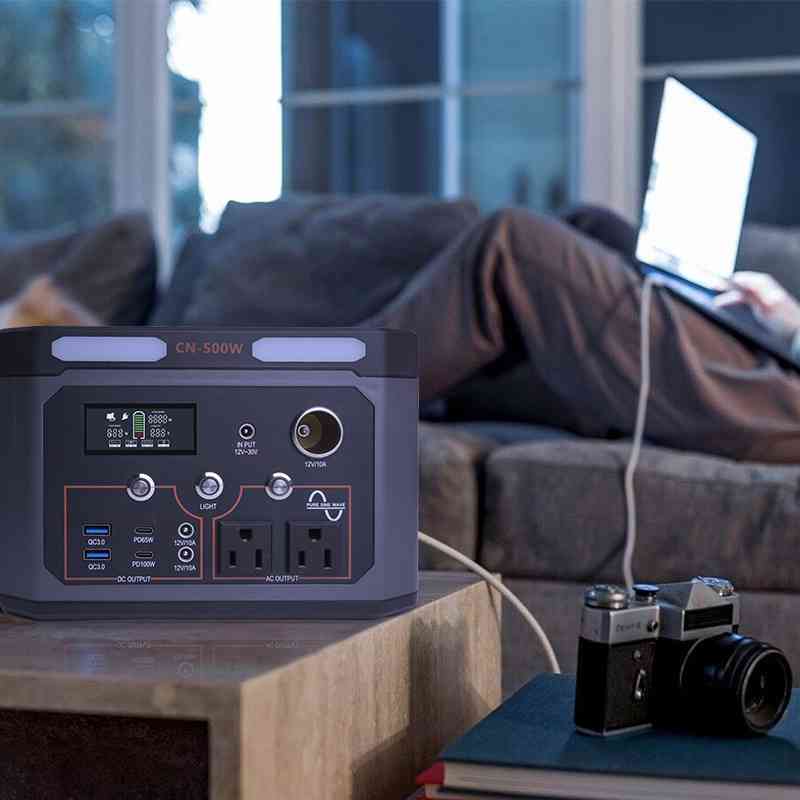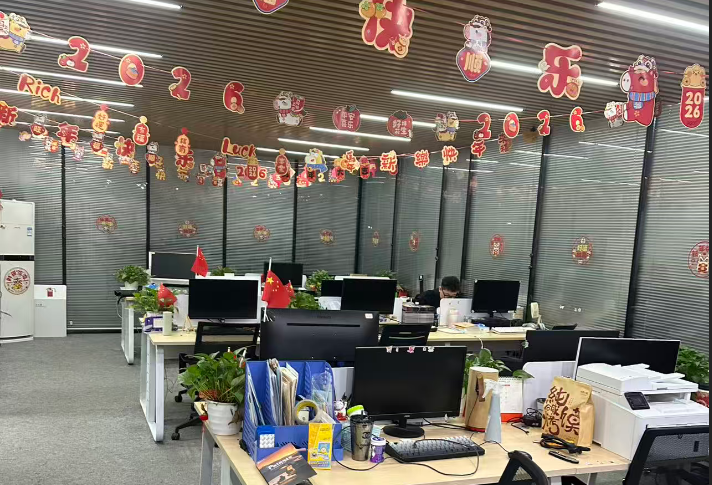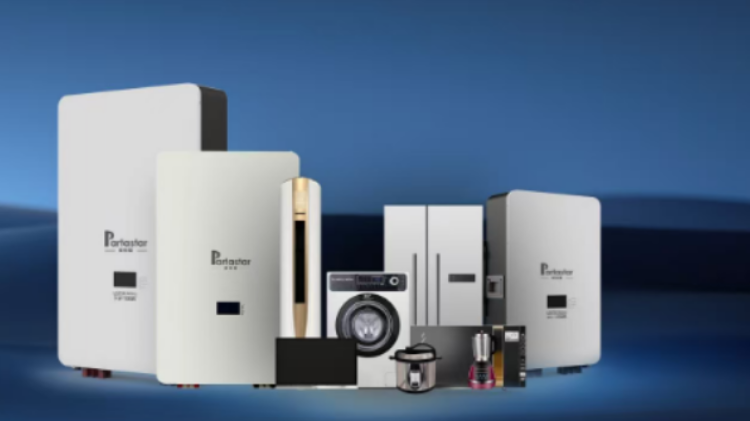Although the epidemic has hindered long-distance travel, everyone's leisure needs have always been there. With the rise of outings, camping, which was originally a niche sport, has successfully broken the circle and become the top stream of outdoor sports. In the past, outdoor camping may only need to bring a tent, a sleeping bag, or even a picnic mat and simple meals, but now camping has multiple functions such as socializing, vacationing, and entertainment, from simple and extensive to refined and high-quality.
Thanks to the development of high-power portable power stations, in recent years, whether it is outdoor activities such as outdoor camping, dinner with friends, or outdoor shooting, you can see the shadow of outdoor mobile power stations. A 220v portable power station can easily handle everything from charging and lighting mobile devices to cooking and boiling water. The advantage of using electricity is not only that it is safer than gas tanks and charcoal fires, but it is also limited by environmental protection and policy factors. For example, open flames are prohibited in some venues. And there is another advantage of using a 220v portable power station. In theory, the electric hot pot and frying pan at home can be used instead of buying a set of outdoor equipment, saving money and not worrying about waste. So how to choose a 220V portable power station? The editor will teach you five points next, and you will definitely not go wrong if you choose according to this method!

First, what type of battery is used?
This is the nature of the battery. Today's portable power stations generally use lithium batteries made of ternary materials, mainly 18650 models. The main features are: light weight, small size, long cycle life, and stable performance. Because ternary material lithium batteries are the most widely used and used in the largest number, from hearing aids to mobile phones, from smart bracelets to electric vehicles, ternary material lithium batteries have become an essential component. From the data point of view, the ternary lithium battery is still the most stable and reliable battery in the world.
However, lithium iron phosphate batteries have a lower energy density and are bulkier than ternary lithium batteries. At present, the biggest problem with iron phosphate batteries is that the overall industrial supporting system is not mature. Although it is safer than ternary materials in theory, there are not many battery manufacturers currently producing lithium iron phosphate in the industry. The better one is BYD. !
Second, how much power can be used for electrical appliances
This is the AC output power of the portable power station, which involves the power and waveform of the inverter. Now the product parameters will be marked on the product description, and consumers have to reconfirm with the seller when choosing, how much power can be used for electrical appliances.
There are generally two types of inverters for portable power stations, square wave and sine wave. Square wave can drive resistance electrical appliances with full power such as electric rice cooker, electric pressure cooker, light bulb, LED lamp, such as a portable power station with a nominal output power of 500 watts. light bulbs etc. But if you have inductive electrical appliances, you have to give some discounts. If the output is 500 watts, it can only drive chargers and electric fans within 200 watts.
In contrast, the sine wave portable power station is exactly the same as the mains waveform, which is a sine curve. A portable power station with a nominal 500 watts should drive all electrical appliances with 500 watts and below. Hand drills, electric fans, and some electrical appliances are all inductive appliances. Another biggest advantage of sine waves is that there is no noise when using speakers. But there is also a small disadvantage that the heat loss is slightly larger, that is, the utilization efficiency is lower than that of the square wave. Don't just look at the maximum power on the label, what you need to focus on is the continuous output power.
Third, how long can a 1000-watt kettle last?
This is the issue of capacity. Now there are different opinions about the nominal capacity. The standard way of saying is how many watt-hours, that is, how many WH. The capacity of the battery is: discharge average voltage × discharge current × time. 1 degree of electricity = 1000 watt hours = 1000WH. When buying, you must confirm this issue with the seller. Generally, as a 220-volt portable power station, if it is to be used outdoors, the capacity is basically 1000WH~2000WH. No matter how large the capacity is, it will be heavier. Of course, if you don’t care about these, you can choose a larger capacity, because the capacity is related to the time of using the appliance. You can ask the seller in this way, take a portable power station with a capacity of 2000WH as an example, if a 1000W electrical appliance can work continuously for 110-120 minutes, then the capacity is qualified. Because after all, boosting the voltage to 220 volts requires a certain amount of heat loss. Taking a 1000-watt electric kettle as an example, it can boil water more than a dozen times without any problem.
Fourth, what are the output ports?
A multifunctional portable power station should have the following output ports: 220V AC output port, this is the most important. In addition, it is best to have a 12V lighting output port, a 5VUSB mobile phone charging port, and a 12V high-current emergency start port. Considering the outdoor environmental load, if the output terminal can be gold-plated or silver-plated, it will be more corrosion-resistant.
Fifth, what is the material of the shell?
This may seem unimportant, but it is actually very important. The portable power station is different from ordinary electrical appliances. It needs to boost the low-voltage DC 12 volts to 220 volts AC. In this process, about 10% of the heat energy is wasted. In addition to using fans to dissipate heat, if aluminum alloy materials are used, more heat can be dissipated to ensure the safety of lithium batteries. Portable power stations are generally used outdoors or in vehicles, and it is inevitable that they will be bumped, dropped, squeezed, and even more extreme cases will be hit and crushed. In order to protect the lithium battery cells inside, there must be a strong and strong shell. Static electricity will inevitably be generated during travel, and static electricity will pose a fatal threat to the internal circuits of the portable power station, and the metal casing is naturally anti-static.
After clarifying the above five questions about portable power stations, you will know how to choose a suitable 220v portable power station for yourself, and professionals will look at you with admiration!



